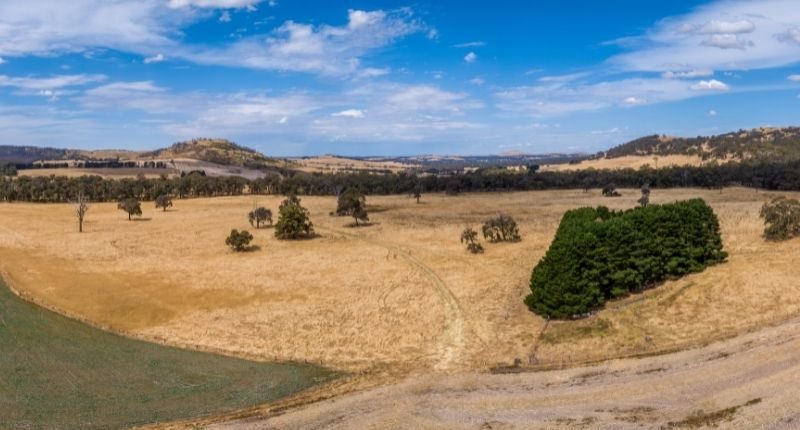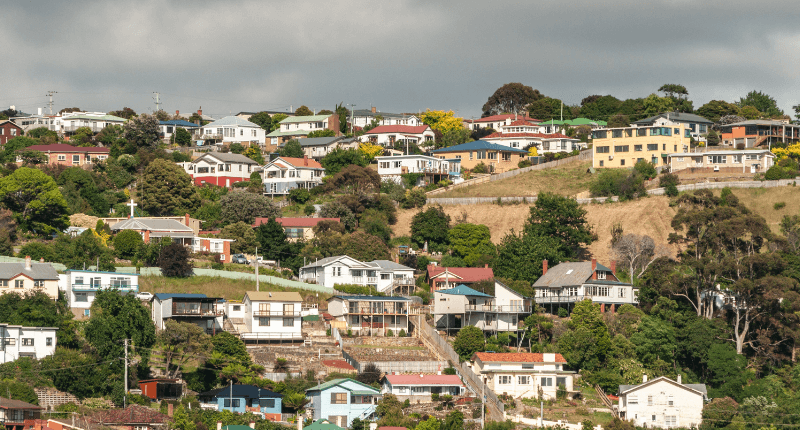
- Changes allows alternate land use on pastoral land
- Pastoral land covers over 40% of South Australia's land mass
- 300 responses were received during public consultation
The South Australian Government has proposed changes to the Pastoral Lands Bill which will allow for alternate land uses on pastoral land.
The announcement comes following extensive public consultation on the draft bill with key stakeholders to prepare for approved land uses that are complementary to sheep and cattle grazing. These include accommodation and tourism offerings along with carbon farming and conservation services.
According to the South Australian Government, pastoral lands cover over 40% of the state.
David Basham, the Minister for Primary Industries and Regional Development, said there was strong support for the Bill.
“Stakeholders are generally supportive of allowing alternate land uses on pastoral lands, however, it is clear the community want greater clarity as to what land uses will be allowed under the new Bill and what the process will be to obtain approval,” he said.
“South Australia has missed out on a lot of carbon farming investment as a result of the restrictive nature of the current pastoral legislation and limited lease terms.
“By opening up opportunities for pastoralists to enter into 100-year leases we can support long term carbon farming and conservation agreements which exist alongside traditional grazing operations.”
David Basham, Minister for Primary Industries and Regional Development
Mr Basham argues that the longer-term leases encourage pastoralists to invest in tourism and accommodation facilities. He also added that close to 300 responses were received.
The State Government and Pastoral Board will work with key stakeholders such as Livestock SA, Outback Communities Authority, South Australian Chamber of Miners and Energy, Arid Lands Landscape Board, Conversation SA and Aboriginal traditional owner organisations.
“My intention is for the alternative land use policies to be released publicly at the same time or before the Bill is presented to Parliament, expected later in 2021,” Mr Basham said.
“The draft Bill will also enable adaptation to future conditions and technologies and manage land condition to underpin the pastoral industry and provide for the conservation of key environmental values.”







